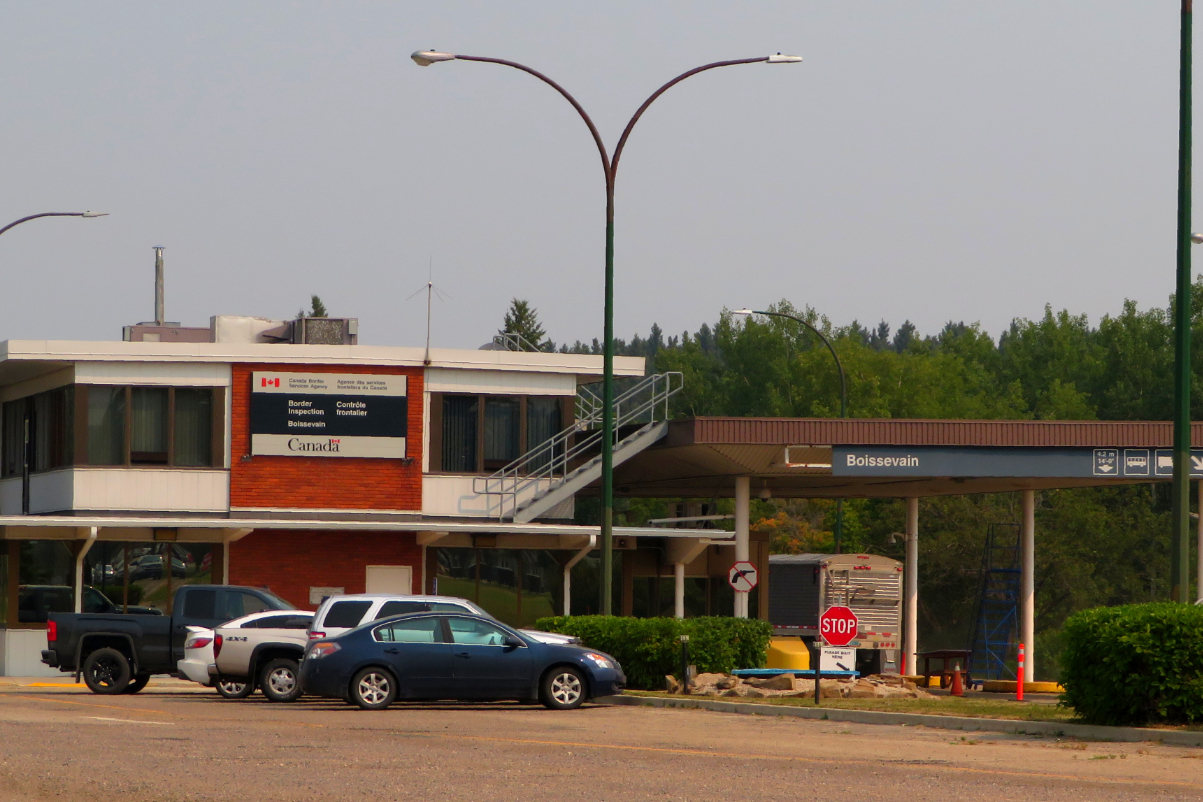Who Wants to Buy an Airline Now? Virgin Australia Is Wooing Bidders
Skift Take
During the best of times, with a booming Australian economy and only one key competitor, Virgin Australia regularly disappointed investors, including foreign airlines that regularly pumped in money, seeking a foothold into a lucrative market.
Yet the airline, which filed for bankruptcy in April, is among the hottest airline investment opportunities, with as many as eight entities making serious bids for the failed, 20-year-old carrier, according to the Sydney Morning Herald. The newspaper suggests that three companies have the strongest chance — two private equity firms, Bain Capital and BGH Capital, and Brookfield, a Canadian asset management firm.
What do they see?
It's not exactly clear, since the leading players do not need to put together full rescue bids until June 12. But there are several reasons Virgin Australia may be intriguing to outsiders, despite making a full-year profit just twice in two decades.
A Lucrative Domestic Market
As the world learns to live with Covid-19, there's some indication leisure travel will rebound before business travel, and that domestic demand will return before long-haul international.
Virgin Australia has some longer-range Airbus A330s and Boeing 777s, but the airline is more of a regional player, mostly flying Boeing 737s. Virgin Australia's new owners can leverage those airplanes to capitalize on a near-term recovery.
The Australia market is among the world's largest, but Virgin Australia also should have access to New Zealand. Leaders of Australia and New Zealand say they want to reopen the Trans-Tasman corridor as soon as it is safe.
"It's a good market," said Jay Shabat, senior analyst at Skift Airline Weekly. "Qantas and Jetstar produced these incredible margins in the Australia domestic market. These bidders are coming and saying, if we can take a slice of that, we can make good money."
A Wounded Rival
The Australia airline market is essentially a duopoly, with Qantas Group the only other major player. With those dynamics, basic economic rules suggest each company should have made good money.
But for the past decade, Qantas and its low-cost subsidiary, Jetstar, crushed Virgin Australia. Qantas generated huge profits, while Virgin Australia barely got by.
Qantas is a well-run airline with a robust frequent flyer base, and it should emerge from the crisis in reasonable shape. But Qantas also has a far-flung international network, with lots of premium seats, and much of that revenue is not going to return for a long time. Also, like many airlines, Qantas will have considerable debt to repay.
"It is not going to be the same Qantas as they were pre-crisis," Shabat said. "Qantas is about as best positioned a carrier as there is post-crisis, but they will have all that new debt."
Another airline, a regional carrier called Rex, also has talked about challenging Qantas on some routes.
Rolling Back Bad Ideas
As the company waits for new owners, there's been some talk that the airline's future business model may not change much. But Shabat said that might be a naive view, suggesting new owners would want to shed some aspects of the old strategy.
The airline has been flying its five Boeing 777s on its longest routes, including to Los Angeles. These flights probably weren't big money-makers, Shabat said, and may be worse in the future, so they might disappear. Even flights to Tokyo, which were to begin in March, before being postponed, may not make sense anymore.
"The international stuff was bad," Shabat said.
Management has talked about starting over with more fuel-efficient Boeing 787s, but Shabat said new owners could shelve that plan.
Another issue is Tigerair Australia. Virgin Australia owns the discount carrier, which struggled before Covid 19. The company's new owners may find they don't need it, Shabat said.
A Known Brand
It's kind of a joke in the airline industry that Virgin-branded airlines don't make money. Most have been undersized, and their larger competitors often crush them.
To use the Virgin name, airlines typically pay a licensing fee to Richard Branson's other companies. Bloomberg reported Virgin Australia's first agreement with Branson gave him one-half percent of Virgin Australia’s gross sales, just for the Virgin name.
When it bought Virgin America, Alaska Airlines shed the name as fast it could. But Virgin Australia's new owners likely will keep it. It has cachet.
"They do pay quite a bit for it," Shabat said "It is not the stupidest thing to keep the name. I wouldn't be surprised to see if the name sticks."




